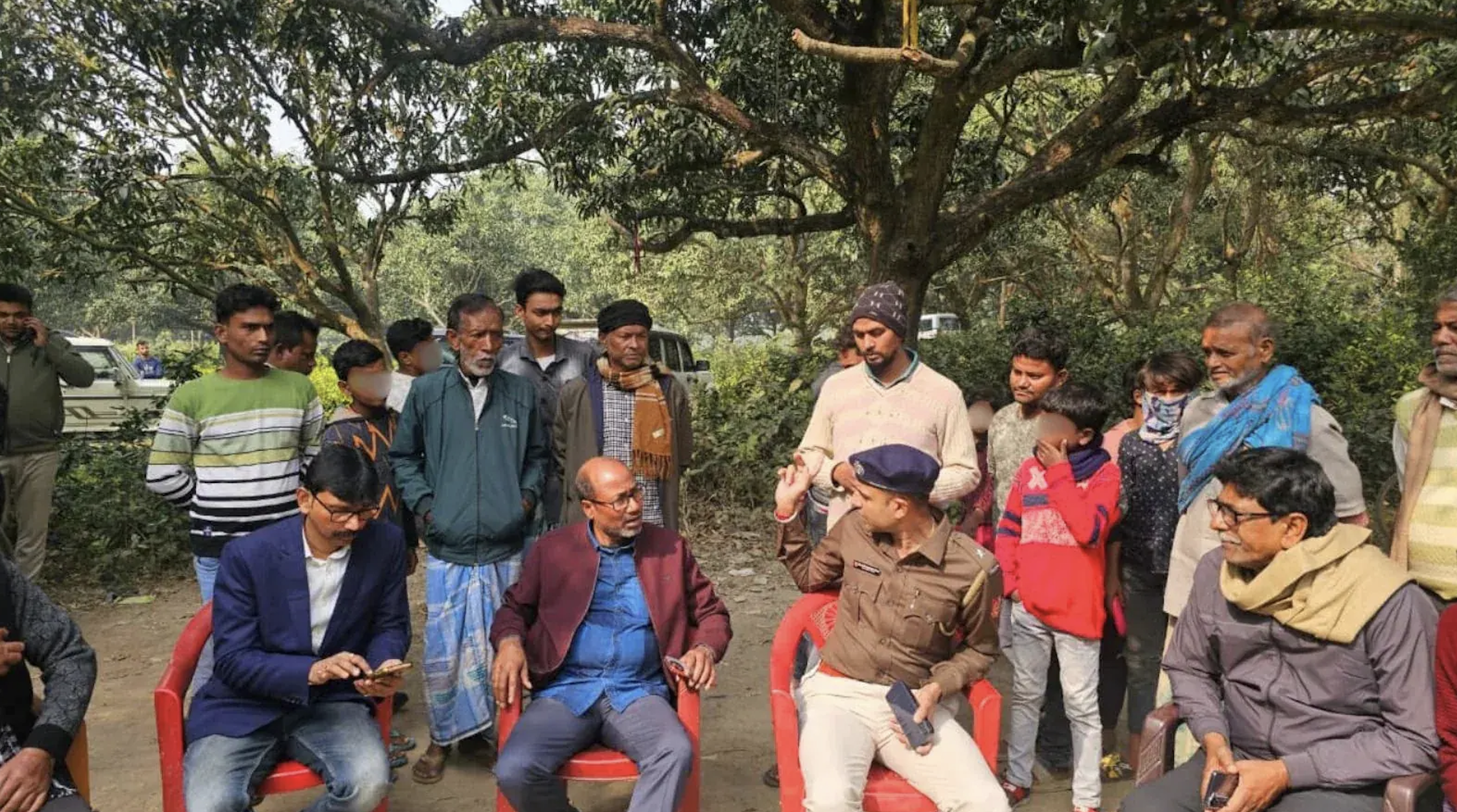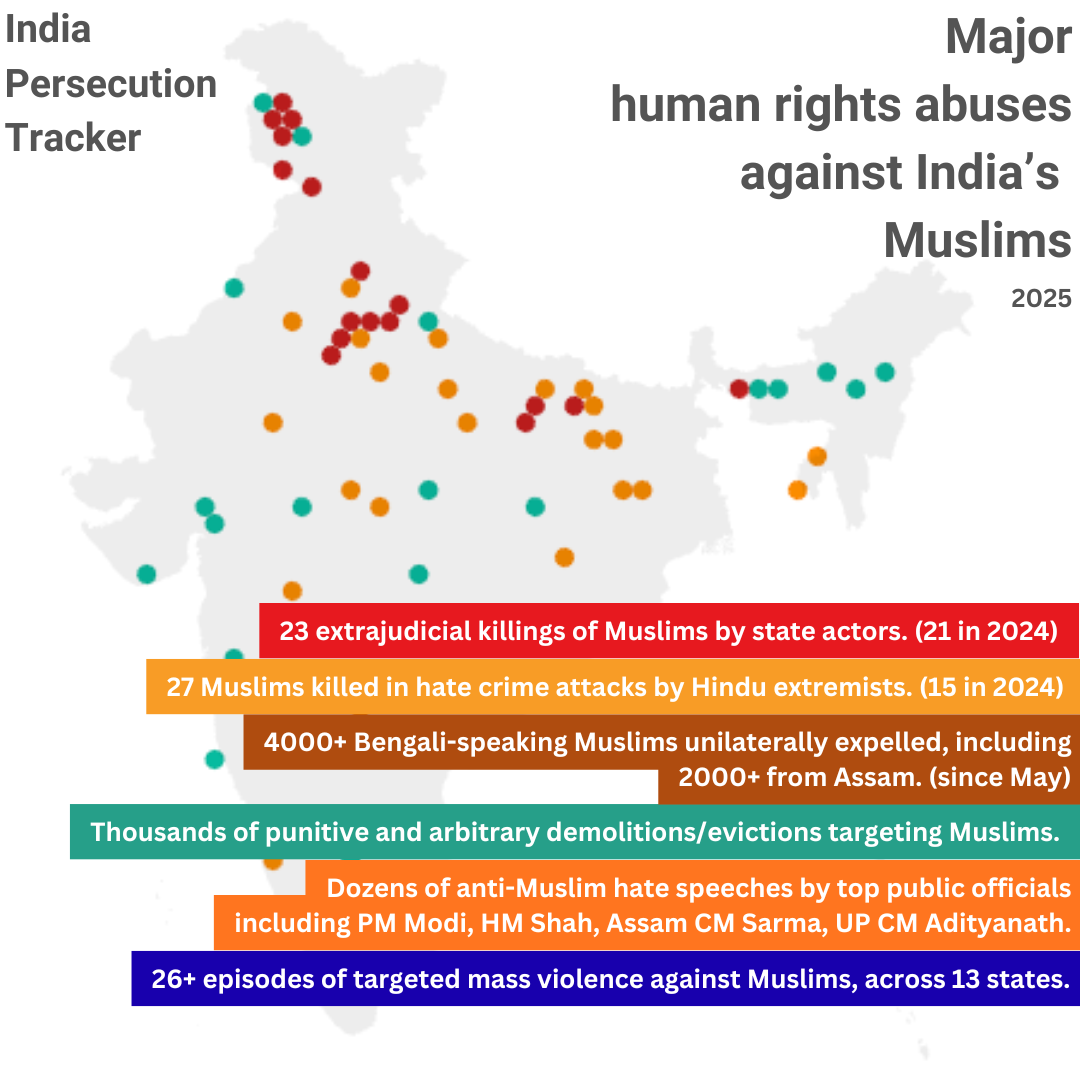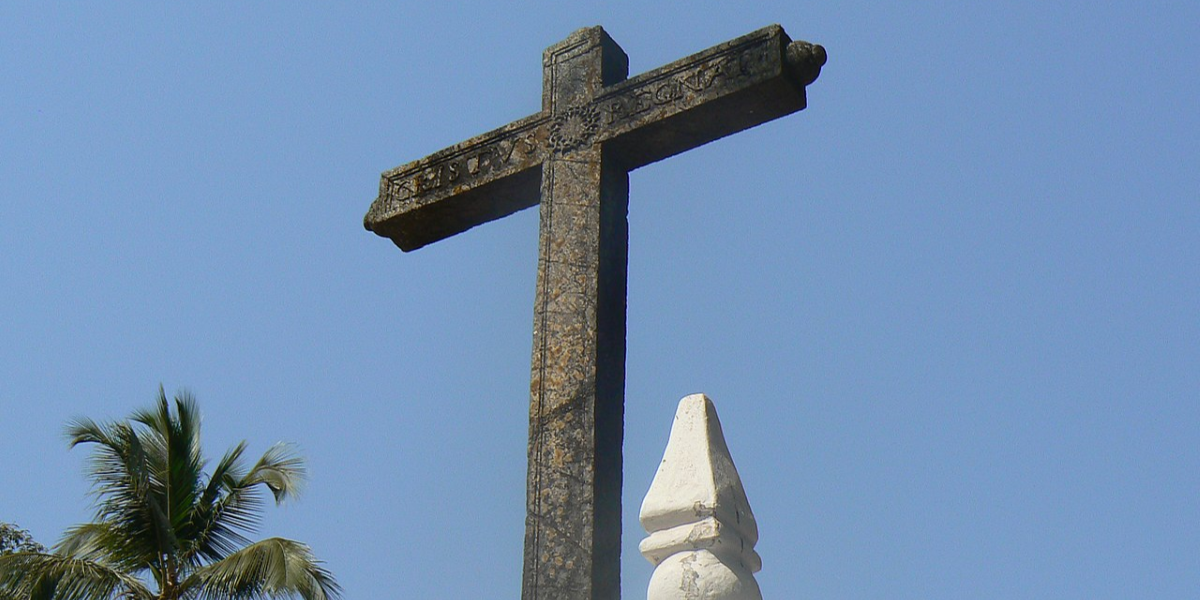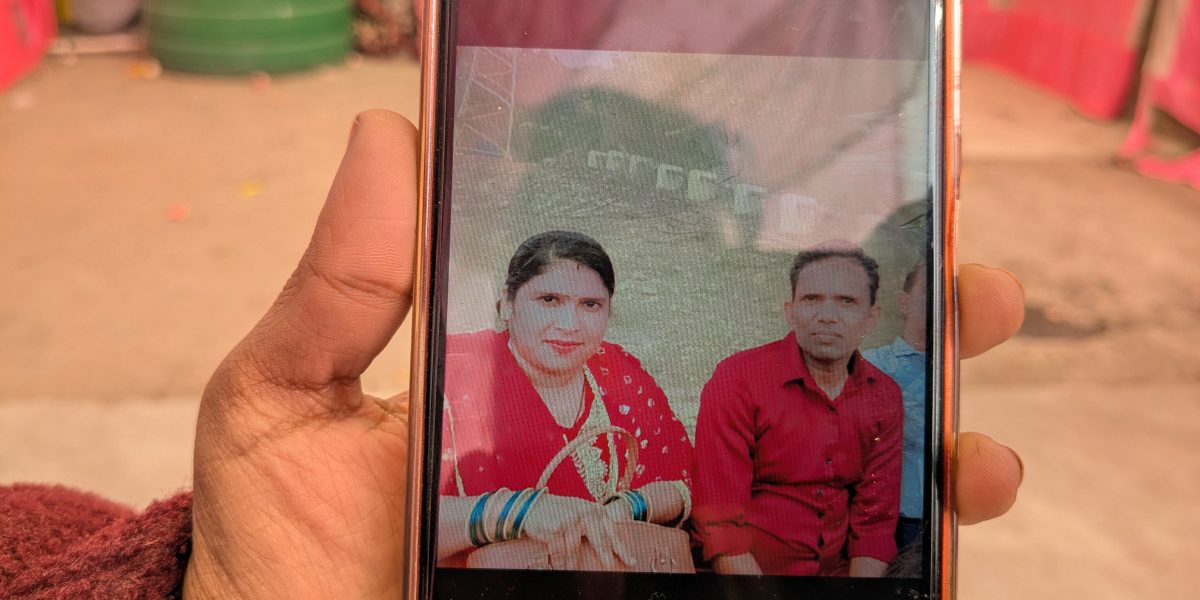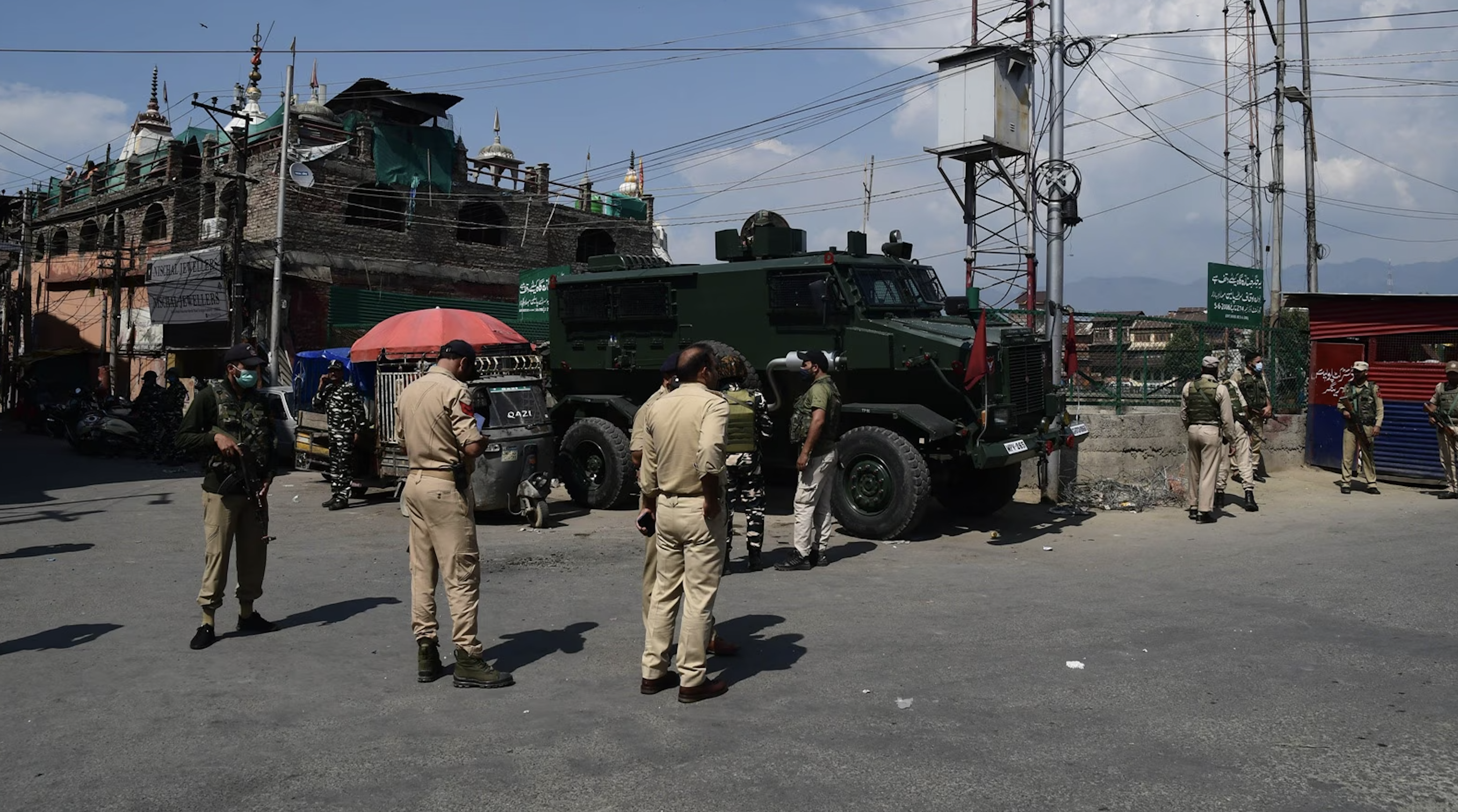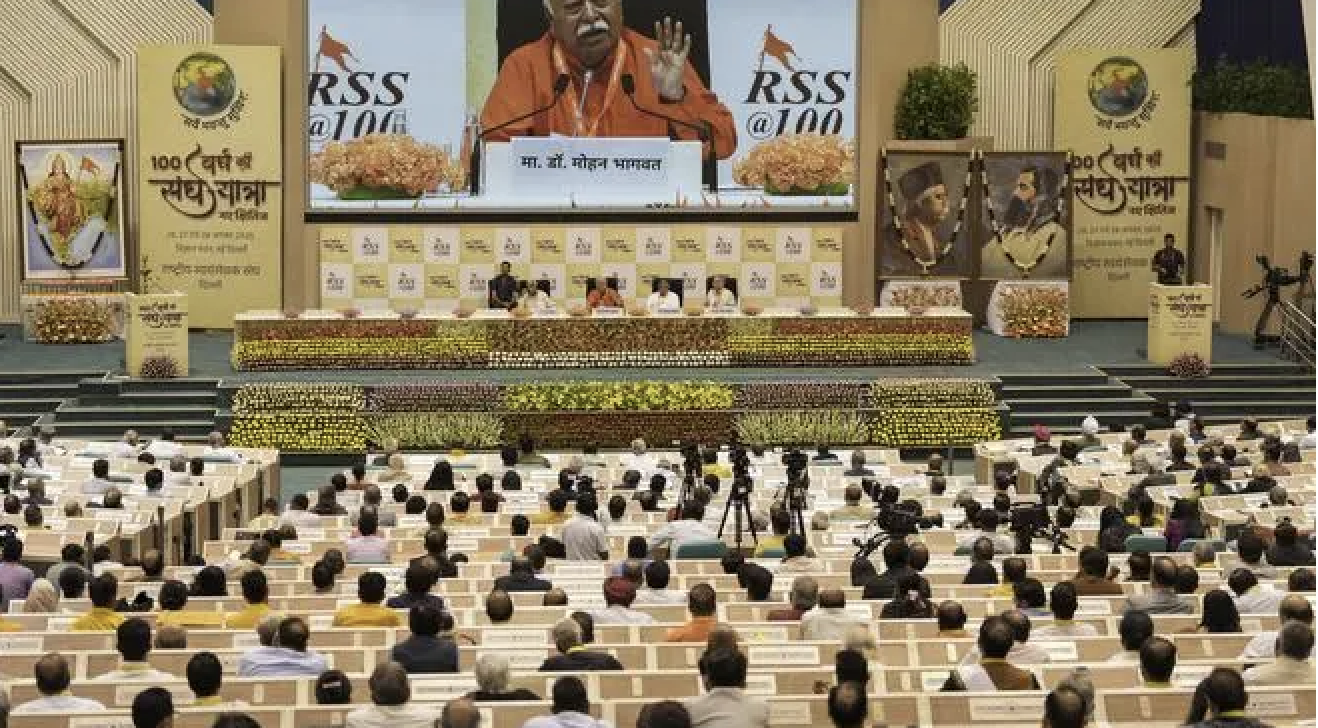
By Asim Ali
On October 2 this year, Mahatma Gandhi’s birth anniversary, the RSS sarsanghchalak Mohan Bhagwat will mount the rostrum at his Nagpur headquarters to deliver the annual Vijayadashami address. His speech is likely to be the centrepiece of the centenary celebrations of the foundation of the RSS. Among the most dissected portions of the speech will presumably be his message for the country’s Muslim citizens. What is Bhagwat likely to say? The most influential RSS sarsanghchalak, M.S. Golwalkar, once praised Hitler for “purging” his country of Jews, calling the steps taken in preparation for the genocide “a good lesson for us in Hindustan”.
Since Independence, however, the pronouncements of the RSS leaders have exuded a lesser inclination for “purging” Muslims than for their “purgation”. In Catholic doctrine, purgation is a period of purifying suffering that certain souls have to undergo before they ascend to heaven. The concept of purgation thus implies the possibility, even the near certainty, of ultimate reconciliation and redemption. It is such an offer of redemption that Bhagwat has consistently waved at Muslims over the past decade, and which he will likely stress again in his speech.
In 2017, for the first time in its history, the RSS hosted a Muslim as the chief guest for its Vijayadashami function: Munawar Yusuf, a homoeopath from the Bohra community. The next year, at a seminar at Delhi, the RSS chief emphasised that “everyone who lives in India is Hindu by identity, nationality”. He further claimed: “Hindu Rashtra doesn’t mean there’s no place for Muslims. The day it becomes so, it won’t be Hindutva.” Similarly, in his 2020 Vijayadashami address, Bhagwat underlined that the term “Hindu” includes everyone “who accepted India as their own” and therefore “applies to all 130 crore individuals of our society”.
Together, these speeches and gestures have been widely interpreted as marking somewhat of an “inclusivist turn” by the RSS—portents of a pathway of reconciliation between the Sangh and Muslims. The scholar Walter Andersen, a long-time observer of the RSS, characterised Bhagwat’s statements in the afore-mentioned 2018 Delhi seminar as evidence of the “evolution of the RSS thinking on Muslims”. In Andersen’s sympathetic reading, this thawing of RSS hostility towards Muslims can be traced back to the anti-Emergency movement, when Sangh leaders “shared jail time with Muslims”. The next milestone, for Andersen, is the decision in 2002 by the RSS chief K.S. Sudarshan to establish the Muslim Rashtriya Manch “to work for improved Hindu-Muslim relations”. Thus, in Andersen’s interpretation, Bhagwat is merely climbing the next step on the reconciliation ladder with his message “to the family” on “keeping a tighter rein on anti-Muslim violence”. We can term this the accommodation thesis.
This story was originally published in frontline.thehindu.com. Read the full story here.


